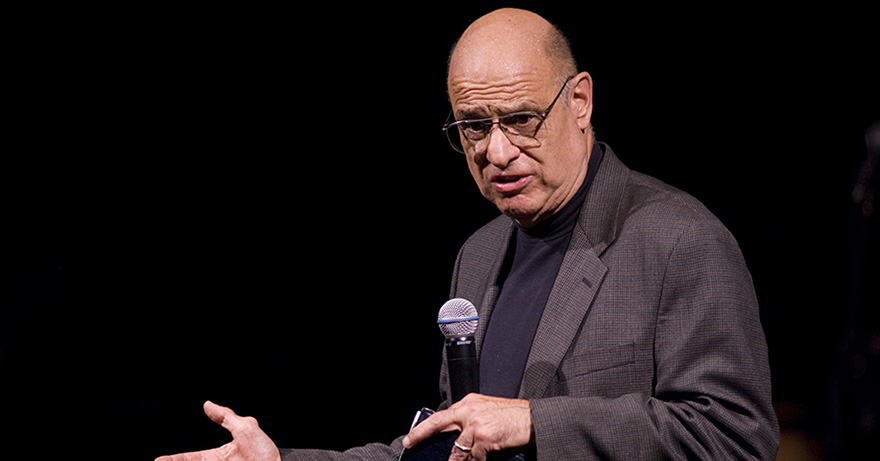 Tony Campolo, a once-prominent evangelical leader who became a divisive figure in Christian circles due to his progressive views that departed from orthodox Biblical Christian teachings, passed away at the age of 89. Known for his outspoken advocacy for those who identify as “LGBTQ+” and social justice, Campolo’s death marks the end of an era for one of the most controversial figures in modern evangelicalism.
Tony Campolo, a once-prominent evangelical leader who became a divisive figure in Christian circles due to his progressive views that departed from orthodox Biblical Christian teachings, passed away at the age of 89. Known for his outspoken advocacy for those who identify as “LGBTQ+” and social justice, Campolo’s death marks the end of an era for one of the most controversial figures in modern evangelicalism.
Born in 1935 in Pennsylvania, Campolo rose to prominence in the 1960s as a charismatic preacher and professor at Eastern University in Pennsylvania. His early work within the evangelical community focused on issues of poverty, race, and the environment. However, as the years went on, Campolo’s views began to diverge from the traditional evangelical stance on many issues, making him a lightning rod for criticism.
One of the most contentious stances Campolo took was his support for same-sex marriage. In the early 2000s, he publicly declared his belief that the church should embrace and affirm so-called LGBTQ+ relationships, including the right to “marry.” This declaration enraged many of his conservative evangelical peers, who viewed his views as a betrayal of Biblical teachings on marriage.
Despite the backlash, Campolo continued to speak out in support of those living in homosexual lifestyles who identify as Christians. In 2015, he went so far as to endorse same-sex marriage in the church, calling on evangelical Christians to reconsider their stance on homosexuality. “We need to love our LGBTQ brothers and sisters,” he said during an interview at the time. “I know this will upset many, but I believe it is the right thing to do.”
This support for “LGBTQ+ rights” was only one aspect of Campolo’s growing divergence from the religious establishment. Over the years, he also advocated for racial justice, environmental activism, and income equality, all of which further alienated him from more conservative evangelical leaders. In a 2014 op-ed, he declared that the church must “stop focusing on the so-called ‘culture wars’ and start focusing on the suffering of the poor, the marginalized, and the oppressed.”
While Campolo’s views earned him a loyal following among a progressive religious audience and social activists, they also led to his being called out as a false teacher for departing from orthodox Biblical teachings.
Campolo’s legacy is one of tension and contradiction. He was, at once, a beloved advocate for the poor and the marginalized, and a polarizing figure who pushed the boundaries of what is acceptable within evangelical Christianity and in the eyes of God.
In his later years, Campolo distanced himself from evangelicalism, describing himself as a “progressive Christian” rather than an evangelical.
Tony Campolo is survived by his wife, Peggy Campolo, and their children. Funeral arrangements have not yet been announced.
Become a Christian News Network Supporter...


